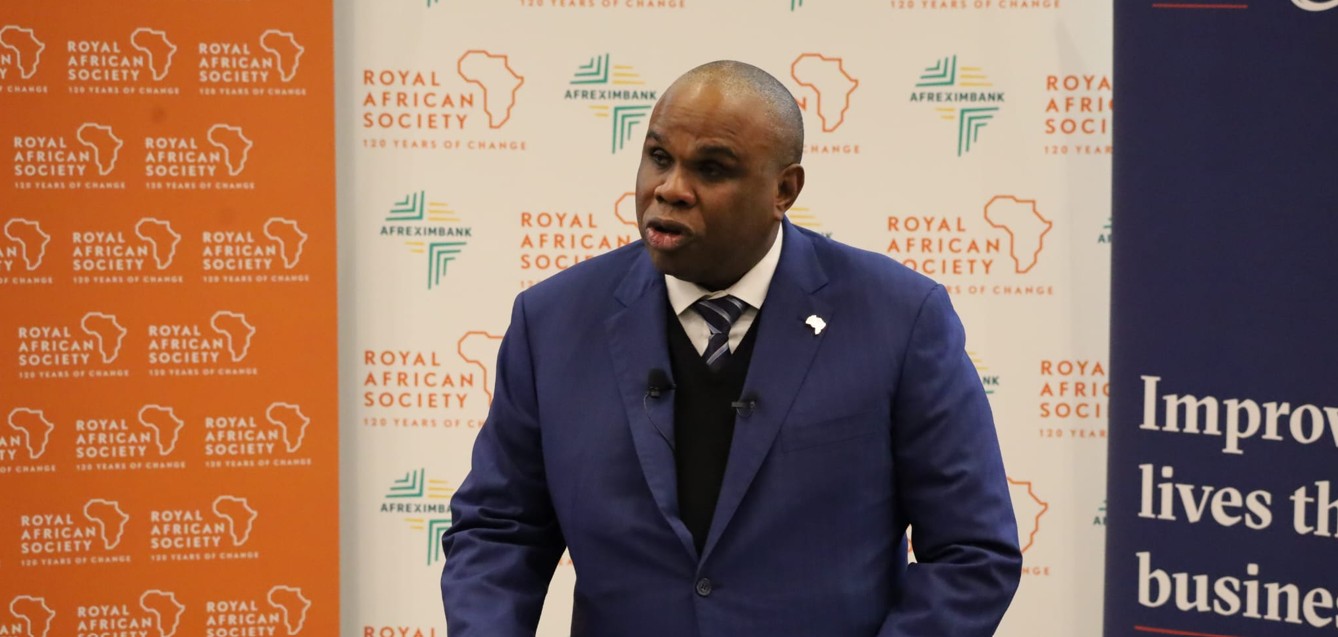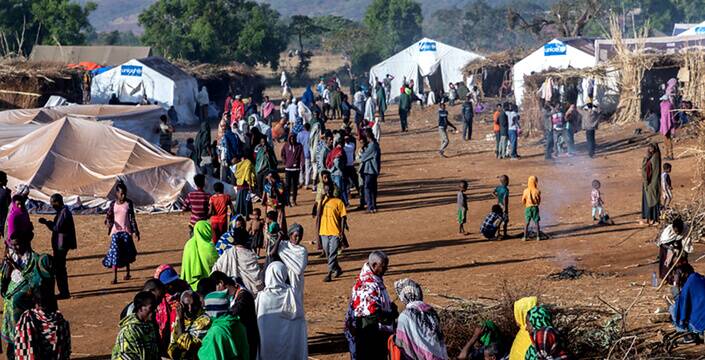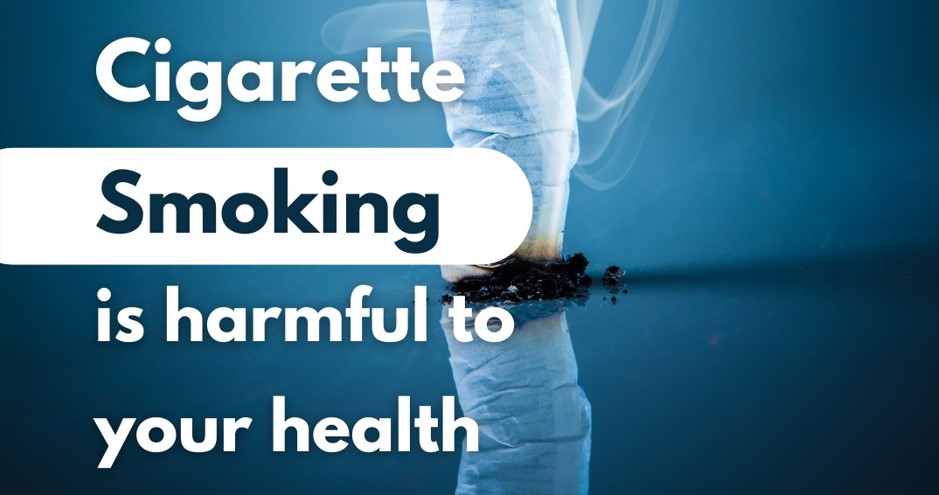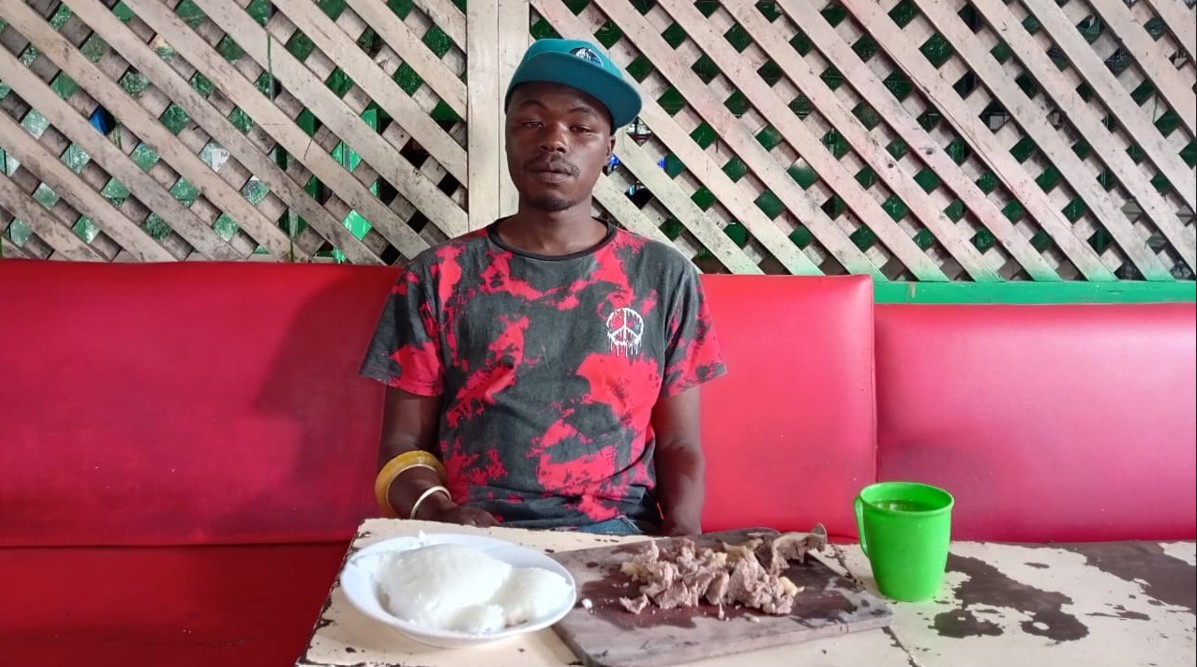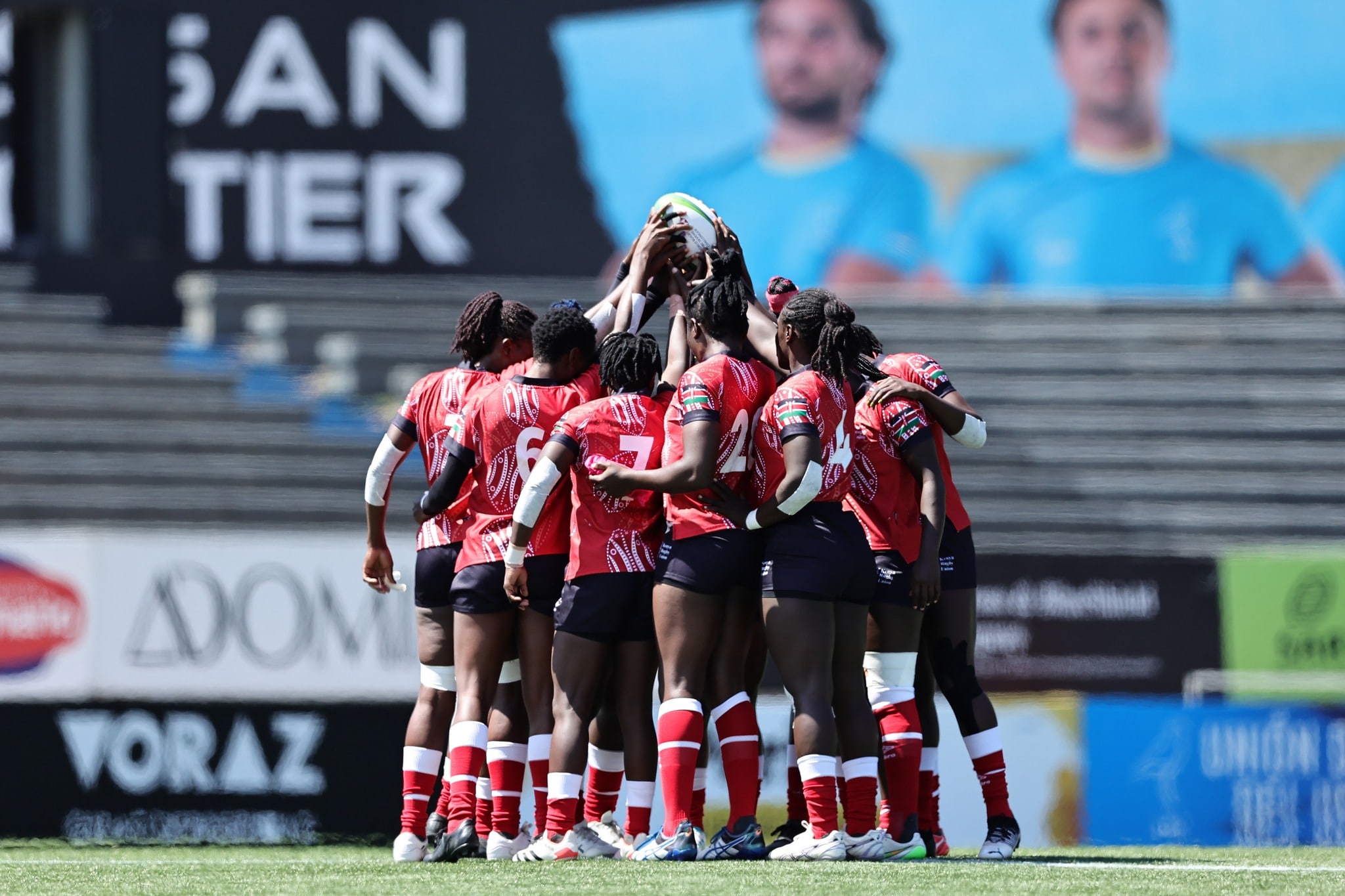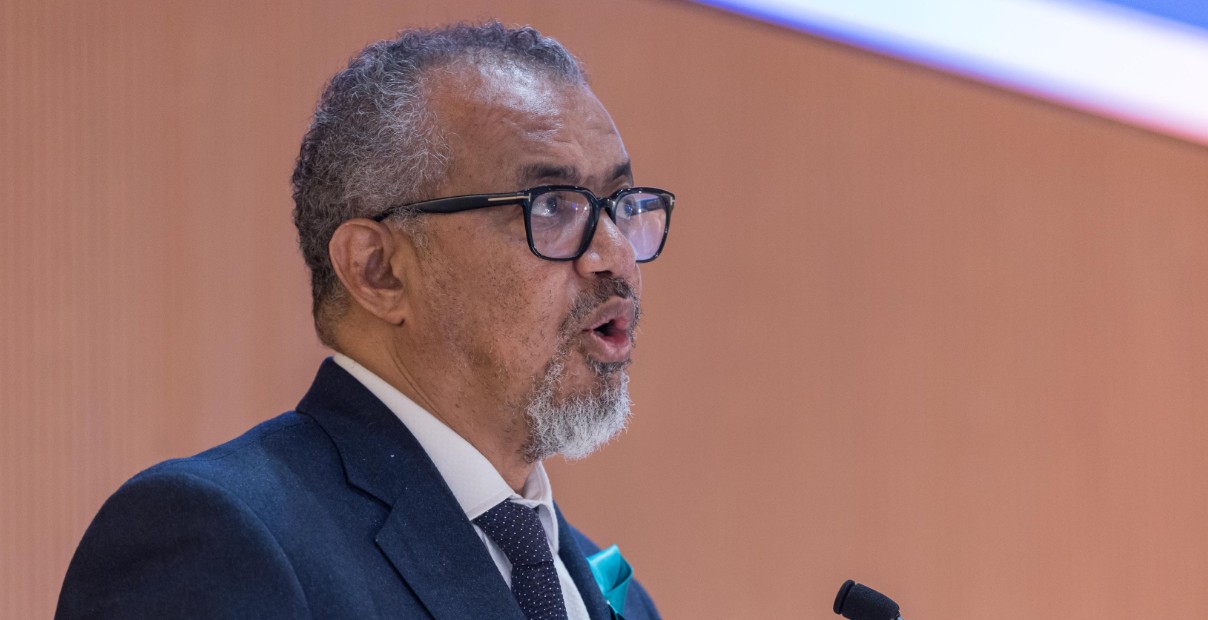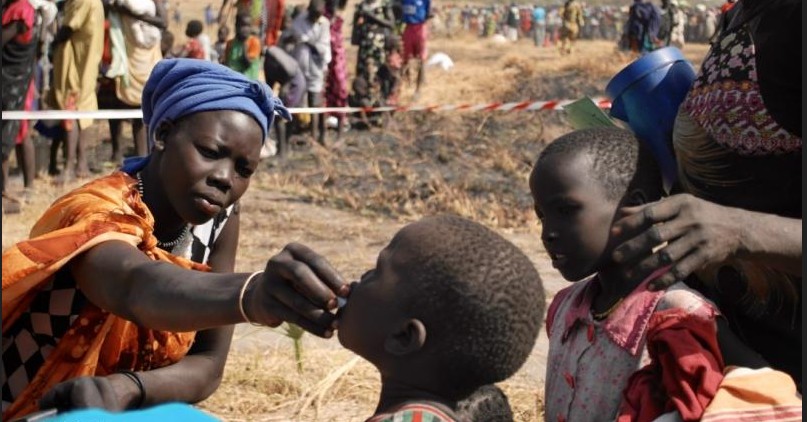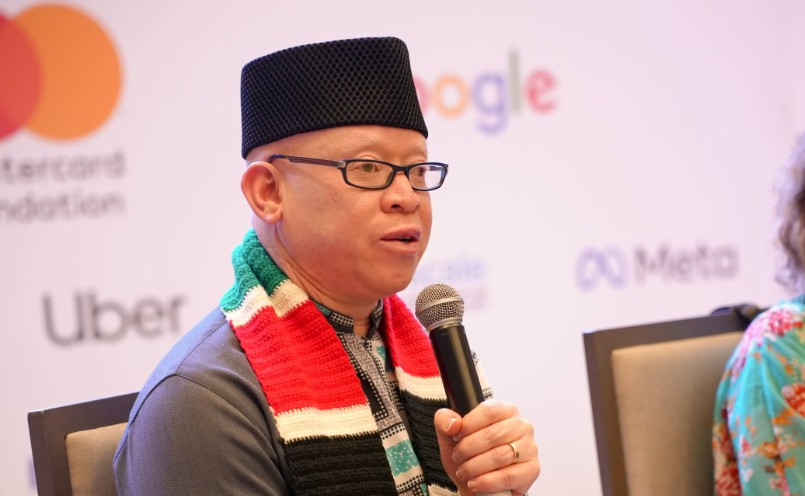Opinion: Misplaced Praise - Abraham Verghese’s Eulogy for Meles Zenawi at Harvard Commencement
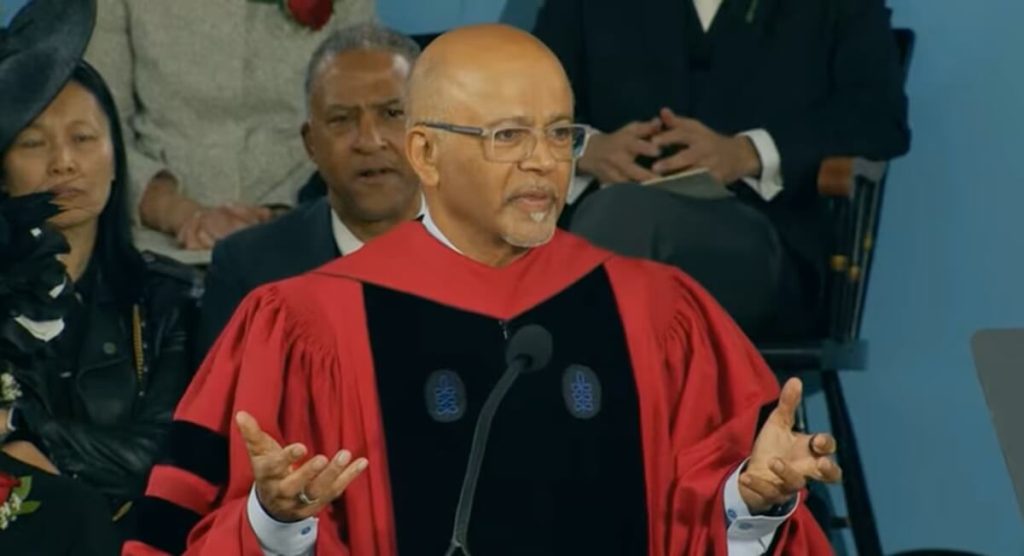
A key theme of the address was his commendation of Harvard’s stance in defending institutional integrity, specifically, its resistance to political interference in academia under the administration of President Trump.
By Dr Shimels Hussien Mohamme
On May 28, 2025, Dr Abraham Verghese, a Malayali-American physician and author who was born in Ethiopia, delivered the commencement address at Harvard University. His speech was intended to inspire graduates with a message centred on truth and intellectual rigour.
More To Read
- Armed violence displaces over 11,000 along Oromia and Benishangul-Gumuz border
- Social media platforms “failed to adequately moderate genocidal content” during Tigray war, study finds
- Ethiopian bank denies report of Sh6.7 billion theft, says attempted fraud “thwarted within minutes”
- Opinion: Silent edit, redacted reality: Why US embassy in Addis erased call to halt drone strikes — implications for justice
- Kenya’s Addis Ababa embassy secures highest facelift budget as Tanzania’s gets the least
- Ethiopia’s Central Bank caps forex transaction fees to 4 per cent starting May 26
A key theme of the address was his commendation of Harvard’s stance in defending institutional integrity, specifically, its resistance to political interference in academia under the administration of President Trump.
While Dr. Verghese’s critique of Trump appeared well-founded, it was unfortunate that he chose to include a eulogy for his former medical school classmate, whom he also described as “a friend”—the late Ethiopian Prime Minister Meles Zenawi.
In his tribute, Dr. Verghese expressed deep admiration for Meles, stating, “I have yet to meet a student as brilliant as Meles. Meles obviously gave up his career path to medicine, became a guerrilla fighter, rose to become the leader of the rebel group fighting for 17 years until his troops finally succeeded in displacing the military dictator, and became prime minister for three terms.” Abraham Verghese also courted President Clinton, speaking about the late prime minister, saying, “He was a new generation of African leader.”
He further underscored Meles’ character by adding, “He never did anything to enrich himself.”
Despite Dr. Verghese’s laudatory remarks, Meles Zenawi was widely known for undermining institutional norms and curtailing academic freedom in Ethiopia. Regardless of other aspects of his legacy, I believe it was inappropriate to honour Meles with a eulogy from a platform devoted to celebrating academic freedom.
Abraham Verghese’s praise for Meles Zenawi conspicuously ignored the controversial and darker aspects of his rule, most notably his systemic interference in academia and suppression of academic freedom.
While Abraham Verghese lauded Harvard’s resistance to Trump’s policies and defence of academic freedom, he overlooked that the administration of Meles was notorious for suppressing dissent, targeting intellectuals, and restricting institutions.
Under Meles Zenawi, a university similar to Harvard could have faced closures, and its leaders could have been jailed.
History shows Meles expelled professors en masse, including 42 professors from Addis Ababa University in 1993, undermining any notion of academic freedom. Abraham Verghese’s omission of these facts undermines the open discourse he champions.
Furthermore, Meles Zenawi’s government curtailed free expression, detaining journalists and critics, fostering an environment hostile to debate.
Critiquing Trump while praising Meles, under whom such freedoms were unimaginable, is deeply contradictory. If Abraham Verghese seeks to honour a system, it should be one that truly upholds academic freedom and open discourse, not Meles Zenawi’s repressive administration.
Meles imposed a dangerously divisive policy, which deepened ethnic tensions, bred resentment, and fueled conflict, laying a fragile foundation that continues to destabilise the country.
Far from fostering unity, Meles Zenawi’s “divide and rule” strategy sowed seeds of perpetual discord. Verghese’s portrayal of Meles as a transformative leader dangerously oversimplifies this legacy, ignoring the lasting damage of his deeply polarising policies.
Meles Zenawi’s time in office was marked by well-documented human rights abuses, including the arrest and mistreatment of opposition leaders, journalists, and civil society activists. These actions, outlined in numerous reports, suppressed political pluralism and fostered a climate of fear.
By portraying the late prime minister as a visionary leader, Abraham Verghese overlooked the pain endured by those who were targeted, ultimately downplaying the seriousness of the violations committed during his rule.
Elections under Meles Zenawi, notably in 2005 and 2010, were widely criticised for irregularities, voter intimidation, and violence, undermining democratic principles. Abraham Verghese’s silence on these electoral failings, while praising Meles Zenawi’s leadership, raises concerns about selective historical memory.
Abraham Verghese’s address, though well-intentioned, misses a critical opportunity to engage with Meles Zenawi’s complex legacy. Harvard’s platform demands nuanced reflection, particularly when addressing global figures. By presenting an incomplete narrative, Abraham Verghese leaves graduates with a partial view of history, one that Harvard’s community deserves to see balanced with the full weight of truth.
***
Editor’s Note: This opinion piece is authored by Dr. Shimels Hussien Mohammed, a faculty member and researcher at St. Paul’s Hospital Millennium Medical College in Addis Abeba, Ethiopia.
Disclaimer: The views and opinions expressed in this article are those of the writer and do not necessarily reflect the editorial of Addis Standard.
Top Stories Today


